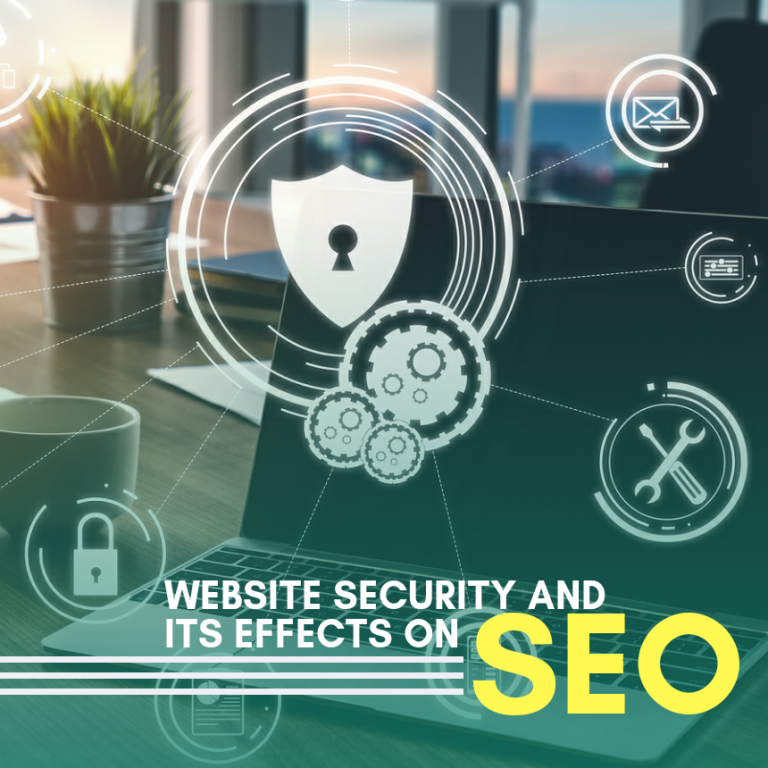
There is a sea of difference when compared to the initial days of the internet and the current usage. People have gotten smarter in their use of the world wide web. This can be attributed to the challenges that threw up in the initial days and how humans outmaneuvered those challenges or came up with innovative solutions.
You can call it as a natural progression. When problems arose, humans were ready to come up with solutions and tested until the right one was found. These accurate solutions were then implemented to progress them to the next level.
Related: ONPASSIVE that delivers it all flexibility, scalability, performance, and security
Website security and Digital Marketing
This true with the big, bad online world. People tend to think that they are safe online by following the quintessential formula of getting a firewall, and not giving personal information to the spurious websites, try using unique passwords, etc.
But then, as mentioned above this is the big, bad online world, and hackers are prowling at every corner of the webspace. They are looking to harm websites and people and are much savvier than the average online user might expect.
A caution before we resume the blog. As digital marketers, you need to take website security seriously. The online security measures or the lack of them will directly affect your SEO rankings. This is how serious you need to be when it comes to online security. If you have been optimizing your website’s technical SEO and are now looking to move into the security aspect of that realm, know that doing so is relatively easy.
We give you a few ways that your website’s security could be affecting your SEO.
1. HTTPS is a ranking signal
A website has to earn its organic search rankings and it is an obvious fact any digital marketer would know. Most digital marketers are constantly figuring out what Google wants in a high-quality website. But your ultimate goal as an SEO is not to please Google, but to please users, to deliver what they want and need.
And what do users want? They are keen to have relevant, authoritative content, it also means delivering them results that are nearly guaranteed to be safe to interact with. Then it comes to this:
- An unsecured website risks users’ online safety and could mean stalling your SEO.
- To secure data on your website and show users that you have done so, you’ll need to switch to the HTTPS domain distinction. Doing that requires purchasing an SSL certificate.
- Many top websites use HTTPS now, and you risk looking outdated and unaware if you don’t. This is part of the reason Google made HTTPS a ranking factor several years ago.
- If you’re investing in all other aspects of SEO, there’s no reason you shouldn’t be doing this, as well.
- Moving to HTTPS might not immediately see a surge in the SERPs, but there are quite a few reasons for that too.
Related: How to Register a Domain Name and It’s Tips
2. Beware of getting blacklisted
It may not necessarily suggest that you have a website with poor security means you are operating it with malicious intent. But it is the risk that you could be facing from hackers. Adhere to the golden rule of protecting your site and content, since it is evident that a lot of hard work would have gone into making the content. When you do not safeguard your website, you are putting it in danger.
Let us bring out a fact here. SEO is the primary reason for many website hackings. Without security, your website can get hacked for someone placing links on your site. This is why it is tough to work with reputable sites for link building. It might be too late before you realize your error.
If a hacker is hacking you for link building, you can assume they are linking to places you would not want to be associated with your website. This is exactly what search engines will pick up and this could result in search engines blacklisting your site. Security helps protect the integrity of your website so that you will not be penalized because of hackers.
3. Users need to see that you are trustworthy
People are smart these days. Those who visit your site will likely be on the alert for red flags that it is not secure if they do not see HTTPS in your URL. If they get direct notifications that it isn’t secure, it’s almost guaranteed that they’ll leave as quickly as they got there.
If your webpages have high bounce rates, your lack of security could be a reason as well. You may rebuild the website by fixing the glitch, but remember you have lost a lot of people visiting your site since they had a negative experience. And yes, rebuilding credibility takes time. Ensuring users leave your site feeling positive about their experience. This is at the core of good SEO.
Conclusion
Even if you can’t see the short-term financial impact of securing your website right away, believe that it will make an important difference for your SEO down the line. Any small SEO improvement is great if you can make it happen. Give users the SEO experience you would want to have yourself. You owe it to your users to ensure their data is protected at all costs.
Related: ONPASSIVE Online Business Solutions for Smart Business Owners


